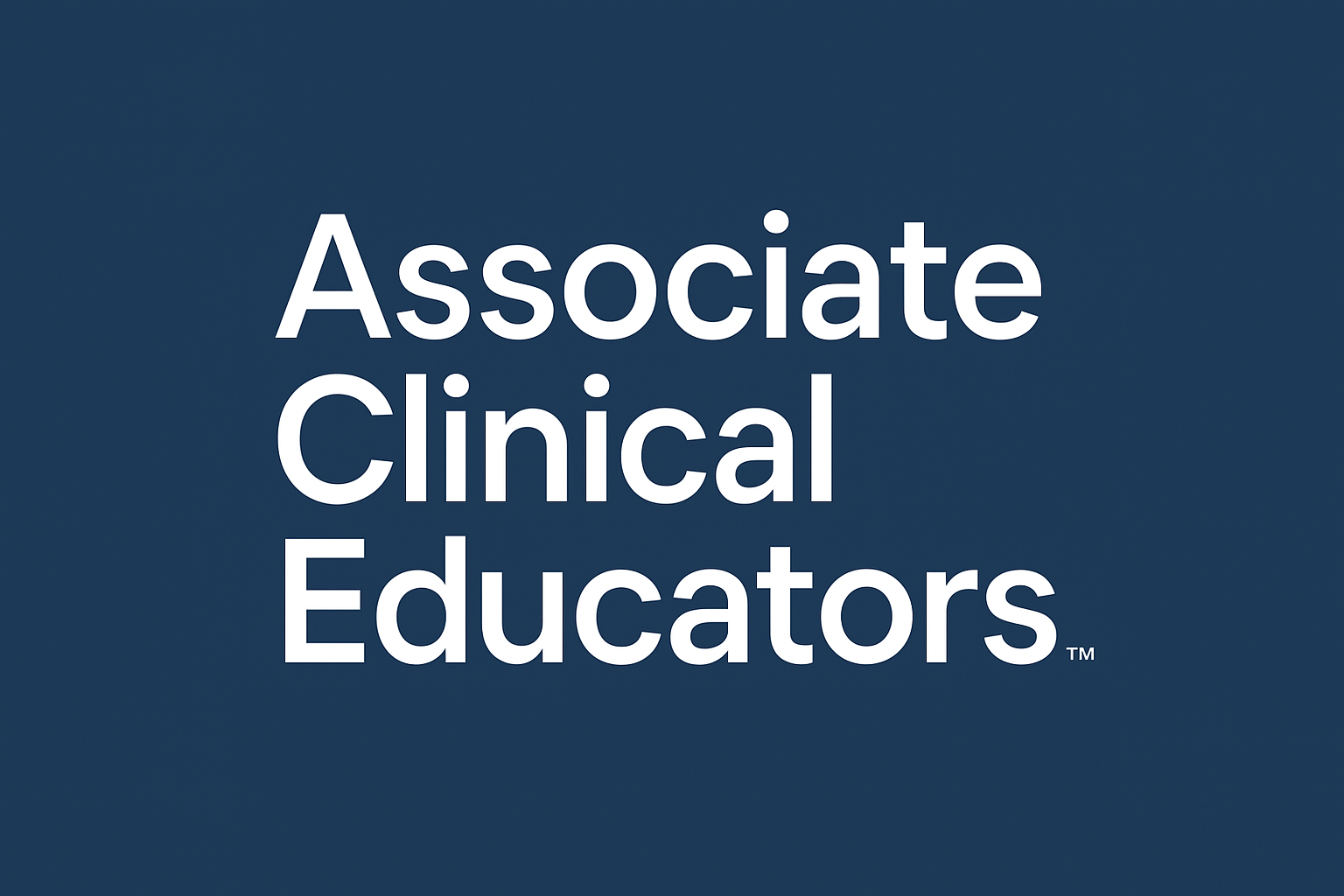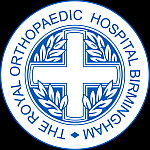Training A New Generation Of Associate Clinical Educators
Meducate Academy have been working tirelessly with a view to creating more high quality ACEs, to help with the growing interest in the role we play. There seems to be a shortage of high quality ACEs and as our workload seems to...
Read More

